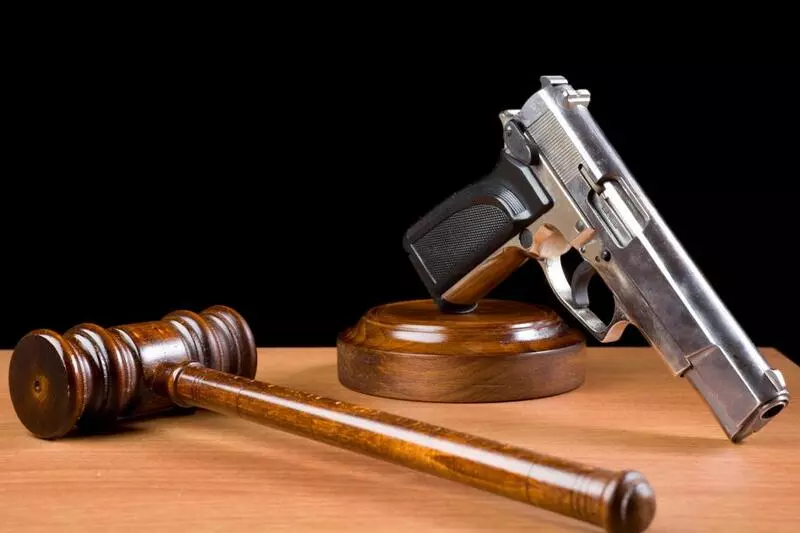
Gun Laws Turkey
Turkey has strict regulations governing the possession and use of firearms. As a country straddling Europe and Asia, Turkey's approach to gun control reflects both its unique cultural heritage and modern security concerns. This article provides an in-depth look at the gun laws Turkey, exploring the legal framework, licensing requirements, and societal implications.
Legal Framework Governing Firearms in Turkey
The primary legislation governing firearms in Turkey is Law No. 6136 on Firearms, Knives, and Other Tools, enacted in 1953 and subsequently amended. This law forms the backbone of Turkey's gun control regime, setting out the basic principles for firearm ownership, licensing, and penalties for violations.
Key aspects of the legal framework include:
- Strict licensing requirements for firearm ownership
- Limitations on the types of firearms civilians can possess
- Mandatory registration of all firearms
- Severe penalties for illegal possession or use of firearms
The law is supplemented by various regulations and circulars issued by the Ministry of Interior, which provide detailed guidelines on implementation and enforcement.
Licensing Requirements for Gun Ownership
Obtaining a firearm license in Turkey is a rigorous process designed to ensure that only qualified individuals can legally possess guns. The licensing system is administered by the Turkish National Police, with oversight from the Ministry of Interior.
To be eligible for a gun license in Turkey, applicants must meet the following criteria:
- Be a Turkish citizen aged 21 or older
- Have no criminal record or history of mental illness
- Demonstrate a valid reason for owning a firearm (e.g., hunting, sports shooting, self-defense)
- Pass a background check and psychological evaluation
- Complete a mandatory firearms safety course
- Provide proof of secure storage for the firearm
The licensing process typically involves several steps:
- Submitting an application to the local police department
- Undergoing a thorough background check
- Completing a psychological assessment
- Passing a written exam on firearm laws and safety
- Demonstrating proficiency in handling firearms
- Obtaining final approval from the provincial governor
Licenses are typically valid for five years and must be renewed regularly. During the renewal process, license holders are required to undergo additional background checks and may need to retake safety courses.
Penalties for Illegal Possession and Use of Firearms
Turkish law imposes severe penalties for violations of gun laws. Illegal possession of a firearm can result in imprisonment for up to five years, while using a firearm in the commission of a crime carries much harsher sentences.
Some examples of penalties include:
- Possession of an unlicensed firearm: 1-3 years imprisonment
- Carrying a firearm in prohibited areas: 2-5 years imprisonment
- Using a firearm to threaten or intimidate: 3-6 years imprisonment
- Discharging a firearm in public: 6 months to 3 years imprisonment
These penalties are often accompanied by heavy fines and the permanent revocation of gun ownership rights.
Alanya Firm and Nergizler Law And Consultancy are at the forefront of navigating these complex legal landscapes, providing expert guidance on Turkey's evolving gun laws.
In conclusion, Turkey's gun laws represent a comprehensive approach to firearm regulation, balancing public safety concerns with limited allowances for sporting and self-defense purposes. As the country continues to navigate its unique position between East and West, its gun control policies will likely remain a subject of ongoing debate and refinement.





